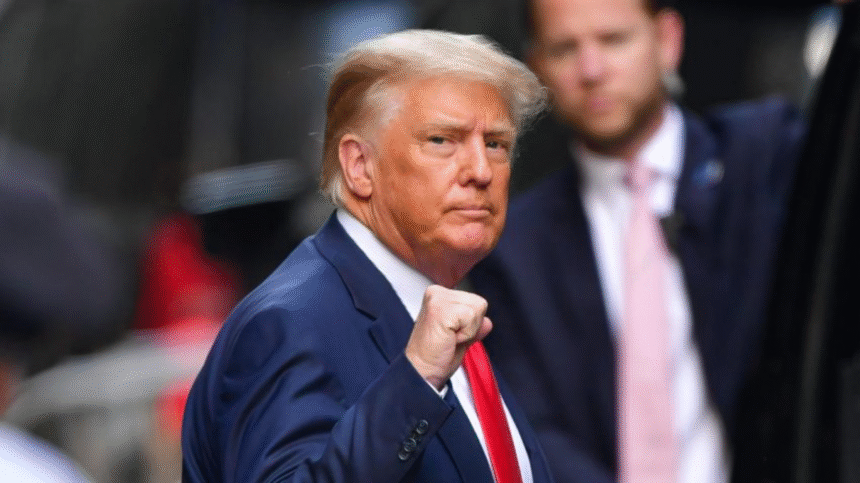President Donald Trump today announced his intention to impose a 30% tariff on imports from Mexico and the European Union, effective August 1. This move marks a significant escalation of his trade war, coming after weeks of stalled negotiations with two of the United States’ largest trading partners.
In separate letters to European Commission President Ursula von der Leyen and Mexican President Claudia Sheinbaum, posted on Truth Social, Trump signaled a return to the aggressive trade posture seen earlier this year. This latest threat has already angered U.S. allies and rattled investors.
Both the EU and Mexico swiftly condemned the tariffs as unfair and disruptive, while reiterating their commitment to continue negotiating for a broader trade deal before the August deadline.
Broader Tariff Cascade and Revenue Impact
This week, Trump has sent similar letters to 23 other U.S. trading partners, including Canada, Japan, and Brazil, proposing blanket tariff rates ranging from 20% to 50%, alongside a 50% tariff on copper. The 30% tariff rate on the EU and Mexico is “separate from all sectoral tariffs,” meaning existing 50% levies on steel and aluminum imports and a 25% tariff on auto imports will remain in place.
The August 1 deadline provides targeted countries a window to negotiate trade agreements that could potentially lower the threatened tariff levels. This cascade of tariff orders from the Trump administration has already begun generating tens of billions of dollars a month in new revenue for the U.S. government, with customs duties revenue surpassing $100 billion in the federal fiscal year through June, according to U.S. Treasury data.
Responses and Strained Relationships
Ursula von der Leyen stated that the 30% tariffs “would disrupt essential transatlantic supply chains, to the detriment of businesses, consumers and patients on both sides of the Atlantic.” While pledging to continue working towards a trade agreement, she affirmed that the EU “will take all necessary steps to safeguard EU interests, including the adoption of proportionate countermeasures if required.”
Mexico’s economy ministry called the treatment “unfair” and disagreed with the proposed tariffs. Trump’s letter to Mexico also cited fentanyl flows as a reason for the tariffs, despite government data indicating significantly higher fentanyl seizures at the Mexican border compared to the Canadian border, which faces a 35% tariff. “Mexico still has not stopped the Cartels who are trying to turn all of North America into a Narco-Trafficking Playground,” Trump wrote.
The aggressive trade stance has also strained security relationships with some of America’s closest partners. Japanese Prime Minister Shigeru Ishiba recently indicated that Japan needs to reduce its dependence on the U.S. in key areas. Similarly, the tariff disputes have prompted Canada and some European allies to reexamine their security dependence on the U.S., with some exploring the purchase of non-U.S. weapons systems.







